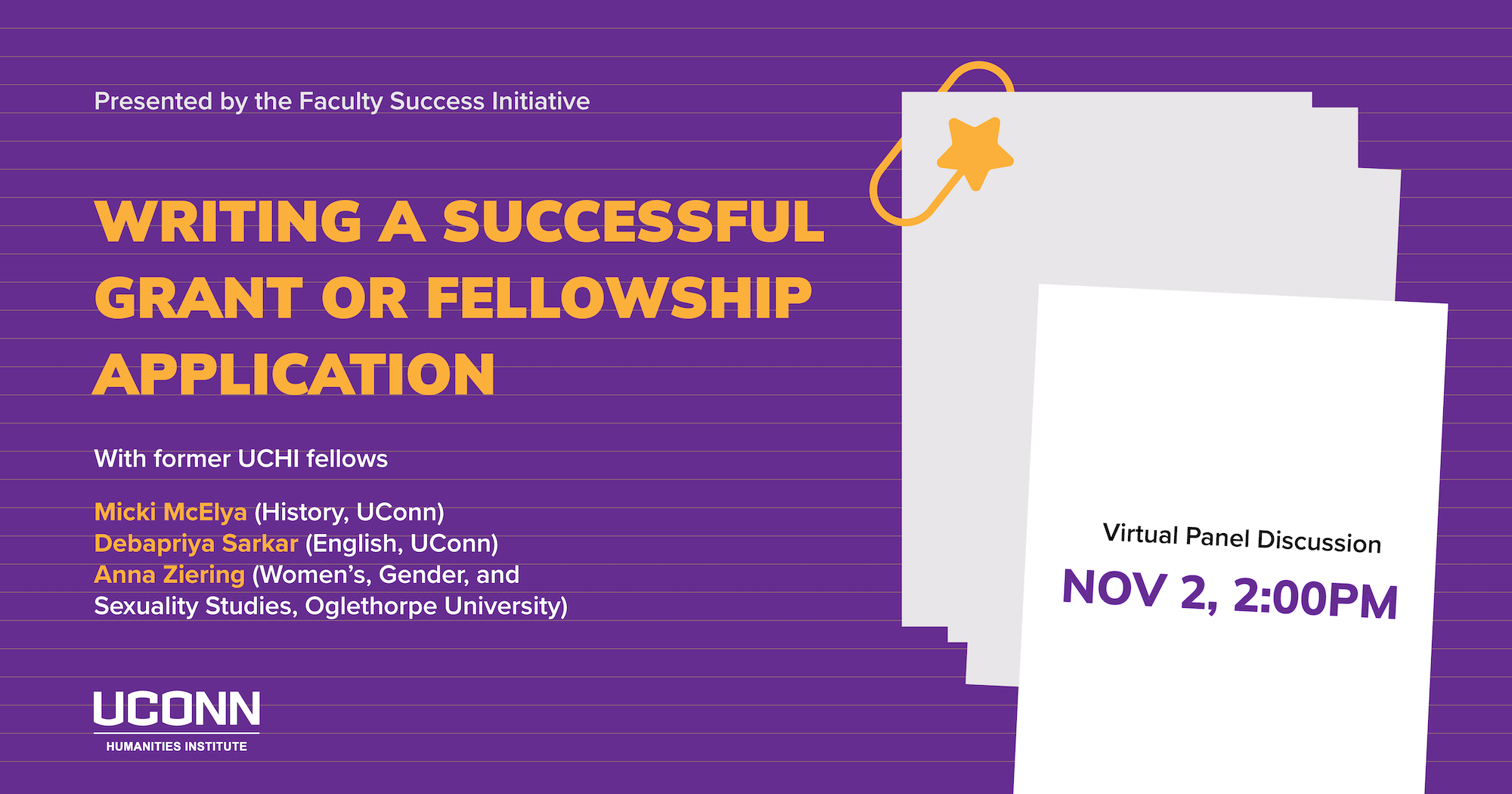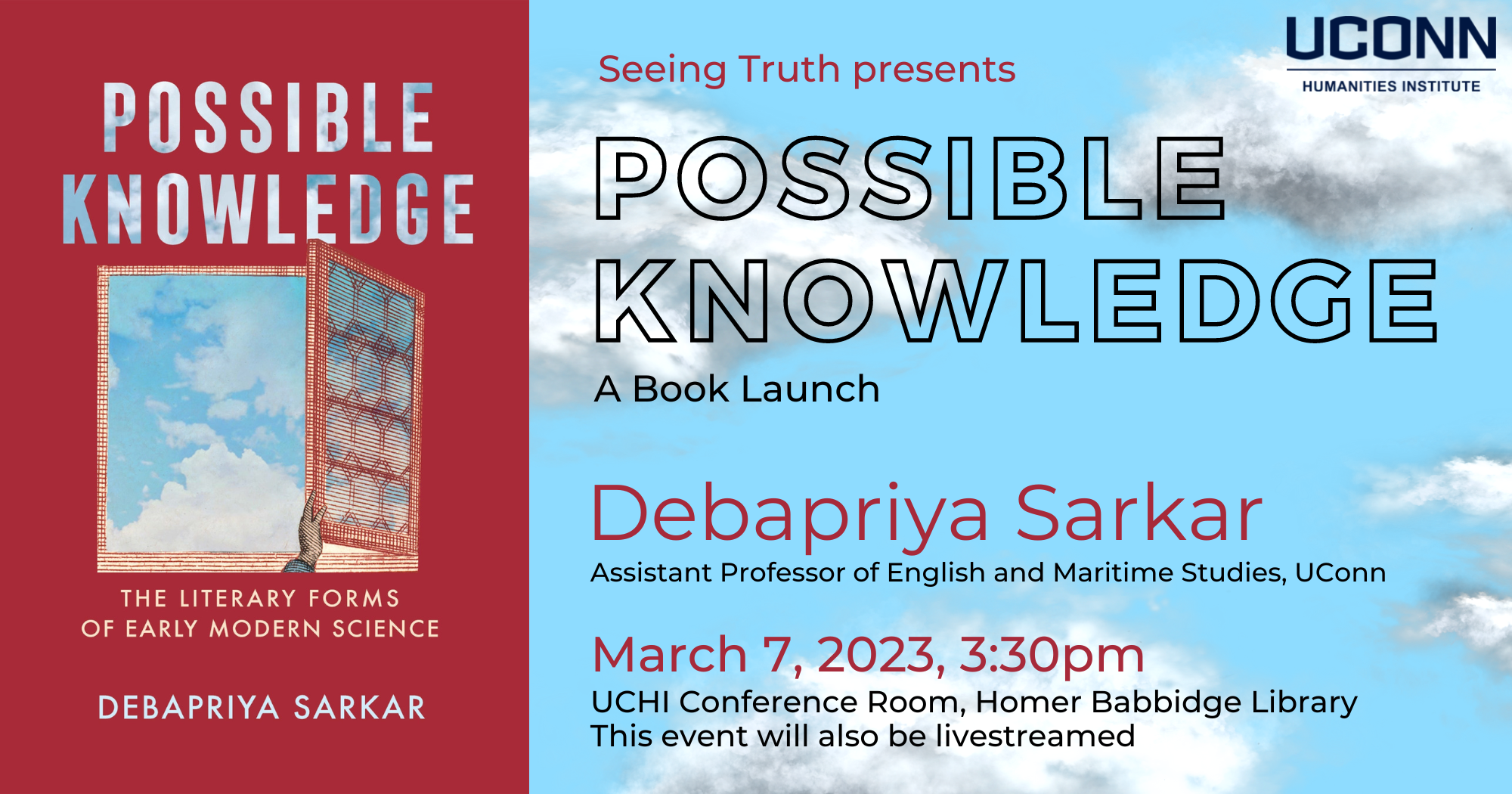What was your fellowship project about?
While at the UCHI, I was working my first book, Possible Knowledge: The Literary Forms of Early Modern Science. In this project, I study speculative habits of thought—such as hypothesis, conjecture, prophecy, and prediction—that were at the core of Renaissance poetics, fascinating writers from Spenser, Bacon, and Shakespeare to Milton and Cavendish. I call these ways of thinking “possible knowledge,” and I use them to show how poesie (a general early modern term for literature) helped to re-imagine the landscape of epistemic uncertainty at the time of the so-called Scientific Revolution.
Would you give us an update on the project?
The book is forthcoming from The University of Pennsylvania Press in 2023.
How did your fellowship year shape your project, or shape your scholarship in general?
The fellowship year was instrumental in shaping the final contours of my argument. During my year at the UCHI, I was working through a lot of the conceptual issues that ultimately appear in the book’s introduction. Given that my book studies the relations between literature and science, and engages with the works of historians and philosophers of science, it was extremely helpful to have the chance to discuss these ideas with colleagues in those fields—these discussions helped me to address questions of methodology and audience that have become very important in the final version of the project.
Would you share a favorite memory from your time as a UCHI fellow?
My favorite memory from the UCHI is definitely the weekly gatherings of the fellows—these events produced so many interesting, and unexpected, exchanges of ideas! I especially recall the serendipitous nature of forming connections across our diverse experiences and interests—both scholarly and beyond—as one of most rewarding and exciting things about my time there.
What are you working on now (or next)?
I am completing the final revisions for my book, and I am starting a new project on the intersections of early modern ecocriticism, critical race studies, and postcolonial theory—in this project, I ask how early modern literary and cultural artifacts can help us think about the long, entangled histories of environmental and racial justice.
Our theme for UCHI’s 20th anniversary year is “The Future of Knowledge.” What would you say are some of the challenges facing the future of knowledge? And what do you think is most exciting or promising about the future of knowledge?
One challenge facing the future of “knowledge” is to confront the significance and scope of the term itself—our understanding of what constitutes knowledge, and what methods are the most appropriate ways of knowledge-production (the so-called objective scientific method, let’s say), are inevitably shaped by our training, our positionality as scholars and students, and the resources available to us. For instance, how might questions in the history of science and environment shift if we centered the insights of Critical Indigenous Studies? I would be interested in thinking through such shifts in our own scholarly practices—to think of knowledges, rather than knowledge as a universal idea. This challenge is, perhaps paradoxically, one of the most exciting things about the topic: as an early modernist, it has been eye-opening to see how the import—and universality—of the term “Scientific Revolution” has been challenged and complicated by scholars working on women’s knowledge practices, Islamic science in the pre-modern period, etc. We thus already have models to rethink the meaning of what constitutes varied bodies of knowledge—by delving into the long, and global histories, of these questions, we can make the future of knowledge(s) as capacious as they have been in the past.
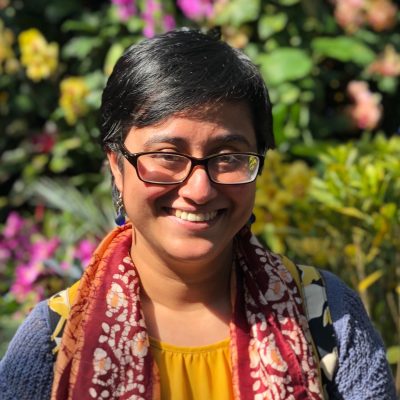
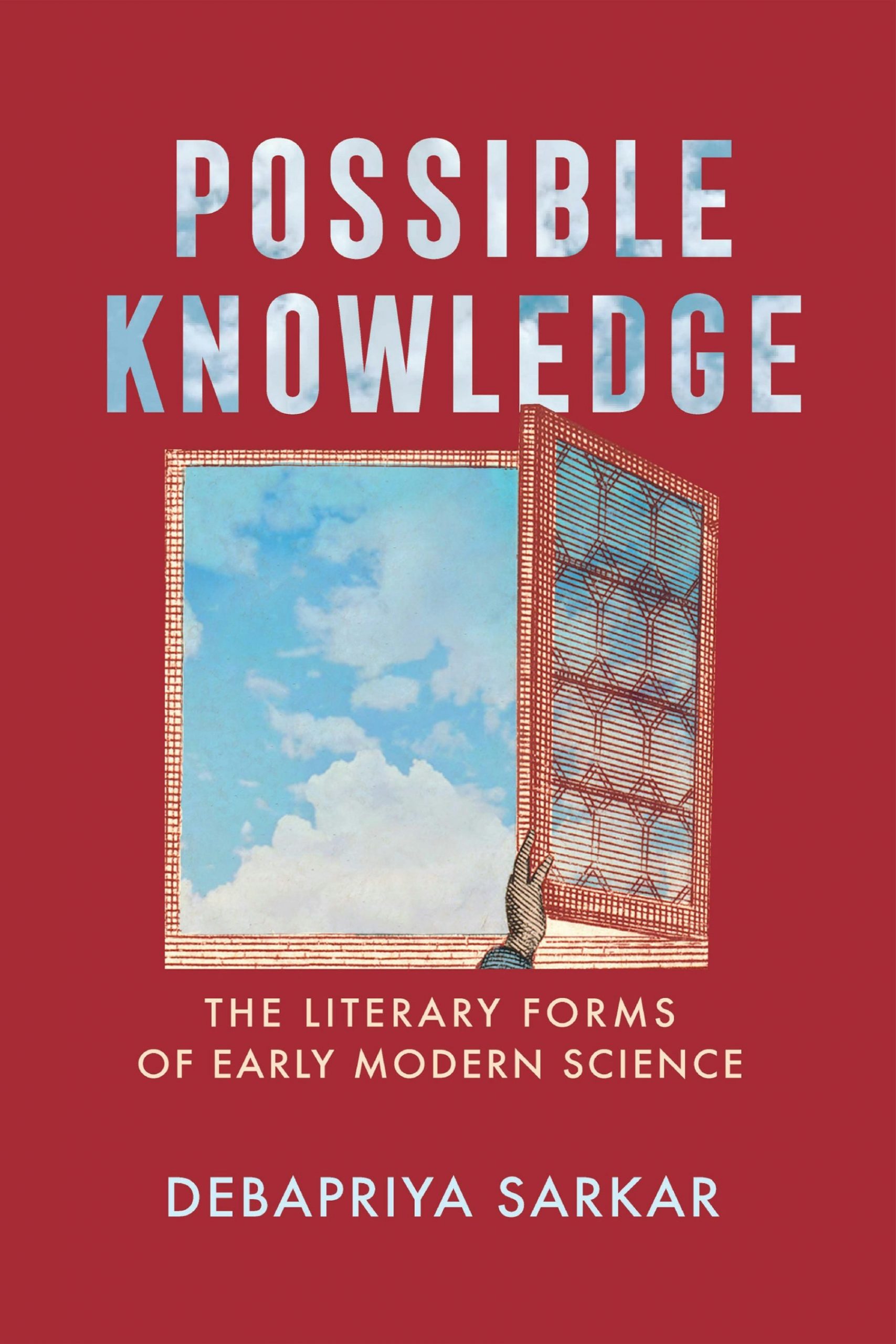 , “Possible Knowledge brilliantly foregrounds literature as an imaginative and epistemological form, re-conceptualizing literary works that remake reality. A work of broad interdisciplinary relevance, it prompts its readers to reconceive the history of science as a history of the imagination by understanding poeisis, literary making, as a philosophical as well as literary endeavor. The result is at the same time a vigorous defense of the importance of imaginative arts for the creation of knowledge and a demonstration of the enduring relevance of the humanities. It will broaden the mind of its readers.”
, “Possible Knowledge brilliantly foregrounds literature as an imaginative and epistemological form, re-conceptualizing literary works that remake reality. A work of broad interdisciplinary relevance, it prompts its readers to reconceive the history of science as a history of the imagination by understanding poeisis, literary making, as a philosophical as well as literary endeavor. The result is at the same time a vigorous defense of the importance of imaginative arts for the creation of knowledge and a demonstration of the enduring relevance of the humanities. It will broaden the mind of its readers.”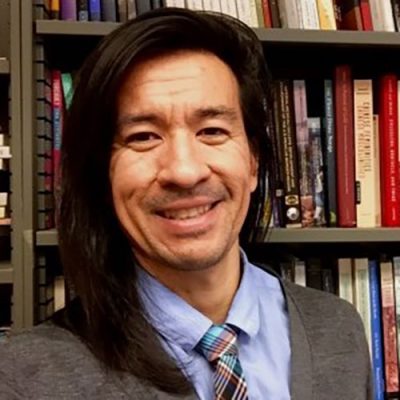
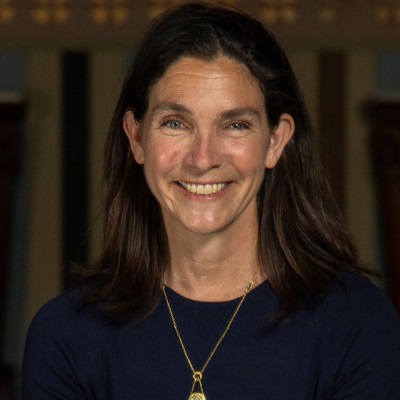
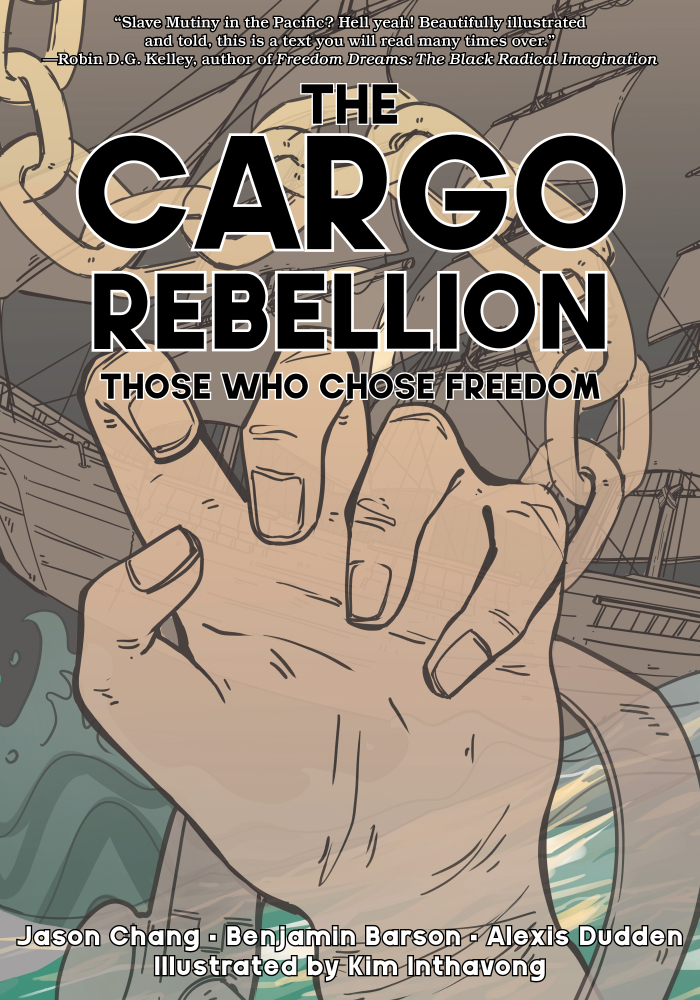 The Sharon Harris Award Committee notes, “The Cargo Rebellion is an innovative combination of scholarly research and accessible writing that breaks new ground in reaching young audiences. We felt this engaging translation of intellectual expertise offered a fresh model for humanistic and artist collaboration.”
The Sharon Harris Award Committee notes, “The Cargo Rebellion is an innovative combination of scholarly research and accessible writing that breaks new ground in reaching young audiences. We felt this engaging translation of intellectual expertise offered a fresh model for humanistic and artist collaboration.”